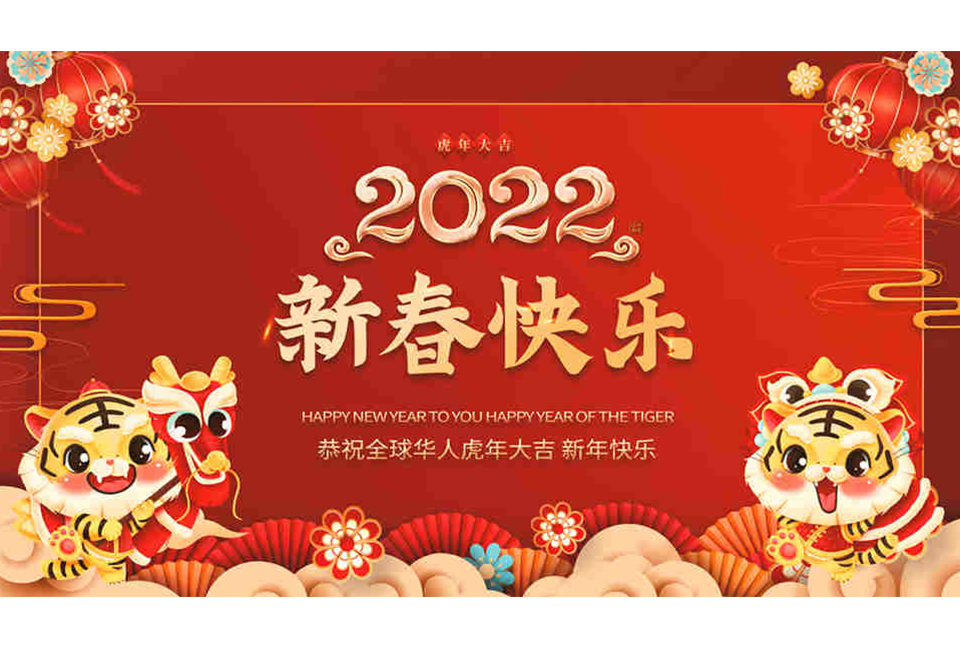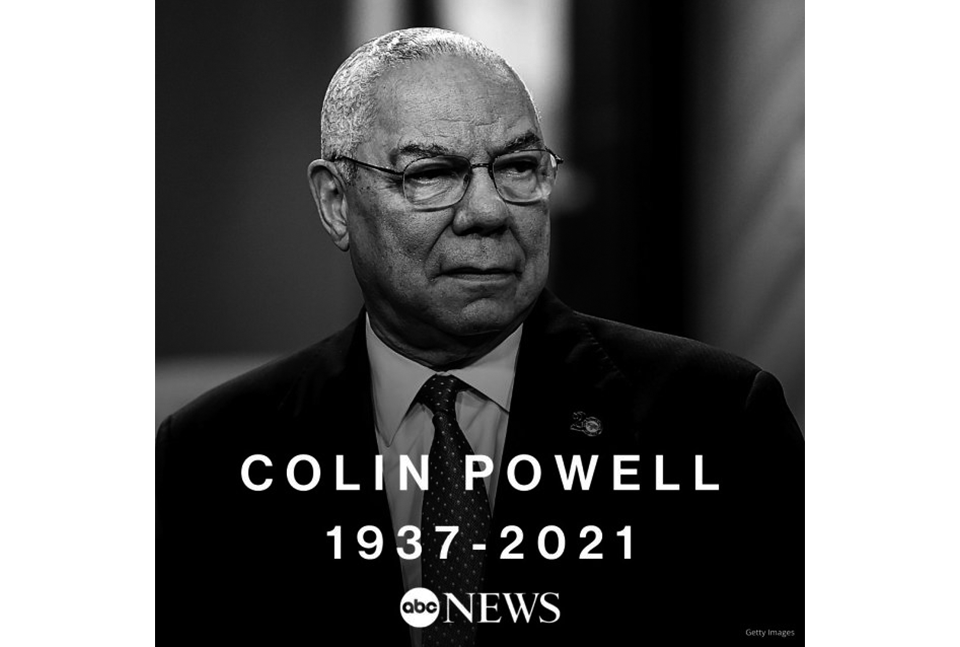- 如有疑问,请联系电邮
- customer@ihealth66.com
USNEWS:对肺癌患者不该说什么?

中国甲状腺癌诊疗规范(2018年版)(4)
2019年1月24日
中国甲状腺癌诊疗规范(2018年版)(5)
2019年1月25日By Samantha Costa
按照这些步骤来消除污名。“我有4期肺癌”这个词可能会给那些确诊的人带来恐惧和不确定性。对于朋友、家人和同事来说,知道该说什么是困难的,即使是对受过教育的人也是如此。归根结底是:你只需要肺部就可以得肺癌,并且暗示任何其他的事情都会让幸存者感到羞愧和沮丧。如果你认识一个最近被诊断出患有癌症的人,或者继续与癌症作斗争的人,今天将夺去433条生命,那么考虑一下这些应该做的和不应该做的:
The truth about lung cancer.
The words “I have stage 4 lung cancer” may cast a shadow of fear and uncertainty over those diagnosed. For friends, family members and coworkers, knowing what to say can prove difficult, even for the most educated person. What it boils down to: You only need lungs to get lung cancer, and suggesting anything otherwise can leave a survivor feeling ashamed and upset. If you know someone who was recently diagnosed or continues to fight the cancer that will claim 433 lives today, consider these do’s and don’ts:
“Did you smoke?”
Never ask this. “It doesn’t really matter what the answer is, and it conveys a sense of blame and shame,” says Dr. Lecia Sequist, a lung cancer oncologist at Massachusetts General Hospital in Boston. It’s usually the first thing people ask Don Stranathan, a six-year stage 4 survivor living in Santa Rosa, California. “When you hear that as a survivor, you hear, ‘Well, you deserved this,’” Stranathan says. “The bottom line is, no one deserves lung cancer.” The LUNGevity Foundation, a nonprofit aimed at raising lung cancer awareness and research funds, estimates that 60 to 65 percent of all new lung cancer diagnoses are among people who have never smoked or are former smokers.
“I knew somebody who died of lung cancer.”
This is another big no-no. Only 17 percent of people diagnosed with lung cancer will survive five years or more. If it’s caught before it spreads, the chance for five-year survival improves. That’s why it’s important not to associate the diagnosis with the death of another person. For Stranathan, spreading messages of hope is far more supportive. “We want to hear positive and hopeful message from people. Even if they don’t believe it,” he says. “I don’t need to hear about their grandfather who died in six weeks.”
“I heard about vitamins and diets that might help you.”
“I’m a firm believer that cancer is more than just your treatment. It’s a positive attitude, exercise and nutrition,” Stranathan says. “But as for a miracle cure, there isn’t one.” Early on, you may be tempted to tell loved ones to try this or that, says Kimberly Mitchell, a nine-year stage 4 lung cancer survivor who lives in San Diego. But it’s important for family and friends to take into account the survivor’s plan. “I have learned over the nine years of fighting this, I will receive their information and take into consideration [with] my own intuition,” Mitchell, 53, says. “I know they’re well-meaning.”
Try not to single out the survivor.
“Nobody knows how you feel unless they’ve been diagnosed with cancer and told they might only have one year to live,” Stranathan says. Sequist, also a member of the scientific advisory board at LUNGevity, says her patients often tell her people look at them differently after learning they’ve been diagnosed with lung cancer. It’s important to remember that just because someone has been diagnosed with the disease, he or she is still the same person you’ve always known. Mitchell says the best support she received from a friend was a simple phone call or visit, “and he would not try to fix me.” Sometimes, it’s all about being present, she adds.
Don’t pretend the cancer doesn’t exist.
For some friends and family, it’s difficult to make lung cancer survivors feel like they’re no different while still acknowledging that the disease is very real. “A patient told me she felt like the elephant in the room,” Sequist says, adding that the survivor felt her loved ones were dancing around the fact that she would undergo grueling treatments of radiation and chemotherapy. “The advice of how to approach it is to just be real,” she says. Try to remember that a diagnosis is one aspect of the person, but it doesn’t define them. Don’t be afraid to mention lung cancer, but don’t make it the sole focus, either. “The rest of them still exists,” Sequist says.
Try not to assume.
Sequist says many people think they know what lung cancer entails: the disease progression and treatments it involves. Contrary to common beliefs, “it’s not the impression in their mind,” she says. Understand that the face of lung cancer can be the face of anyone – not just the Marlboro man, Sequist says. Educate yourself by catching up on the statistics. Lung cancer is the leading cause of cancer death, regardless of gender or ethnicity, and claims the lives of almost 160,000 people each year. The American Lung Association estimates the rate of new lung cancer cases over the past 37 years has decreased by 28 percent for men, but it has increased by 98 percent in women.
So, what can I do?
If you don’t know what to say, just admit it, Sequist says. “Wow, I don’t know what to say. How can I help?” is one way to start a conversation. If you’re looking for a more concrete way to get involved in the survivor’s treatment plan, don’t be afraid to ask what you can do to help the survivor and his or her family. It could be transportation or company, Sequist says, or offering to take the kids to soccer so they can go to the doctor. Some might feel more inclined to drop off food or donate to lung cancer research. “People have different needs and perspectives on what would help them,” Sequist says.





